Bristol Fly Control Treatments For Dead Rats
Get Rid of Rat Related Flies Now: 0117 369 2709
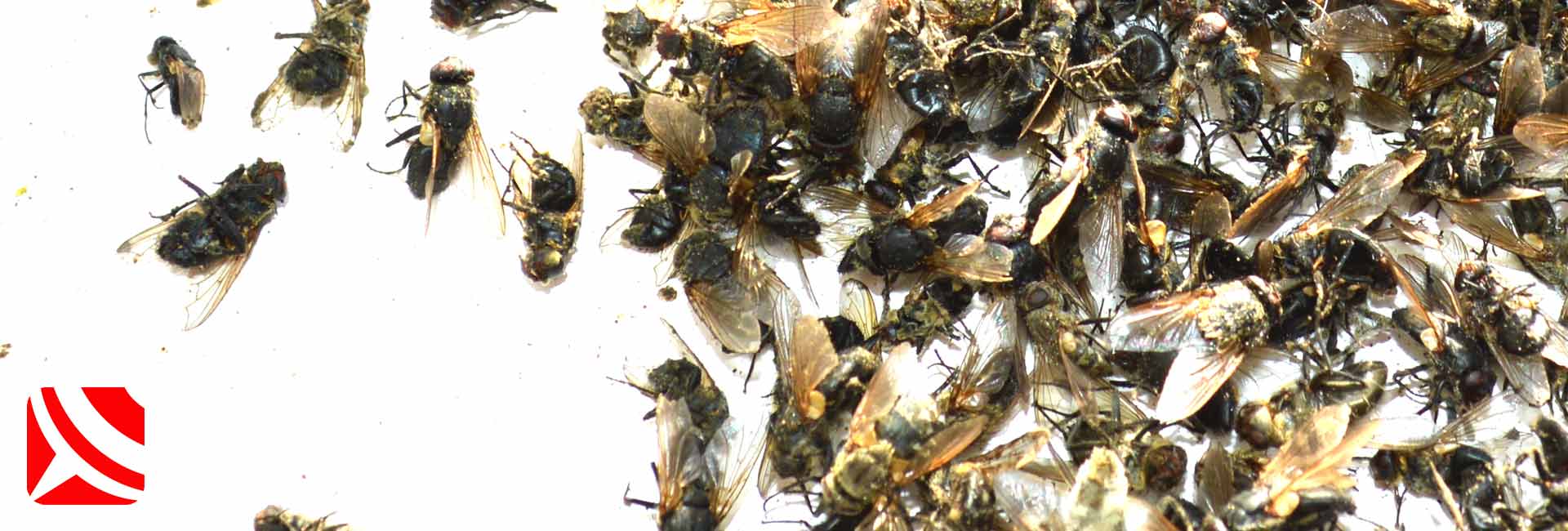
The flies that interest us, are called the "true flies" from the order Diptera and are small insects that are responsible for removing and recycling huge quantities of waste both animal and plant in origin.
There are estimated to be over 100,000 different species, yet only a small proportion are considered important pests both as a nuisance and as vectors of disease.
Blow Flies:
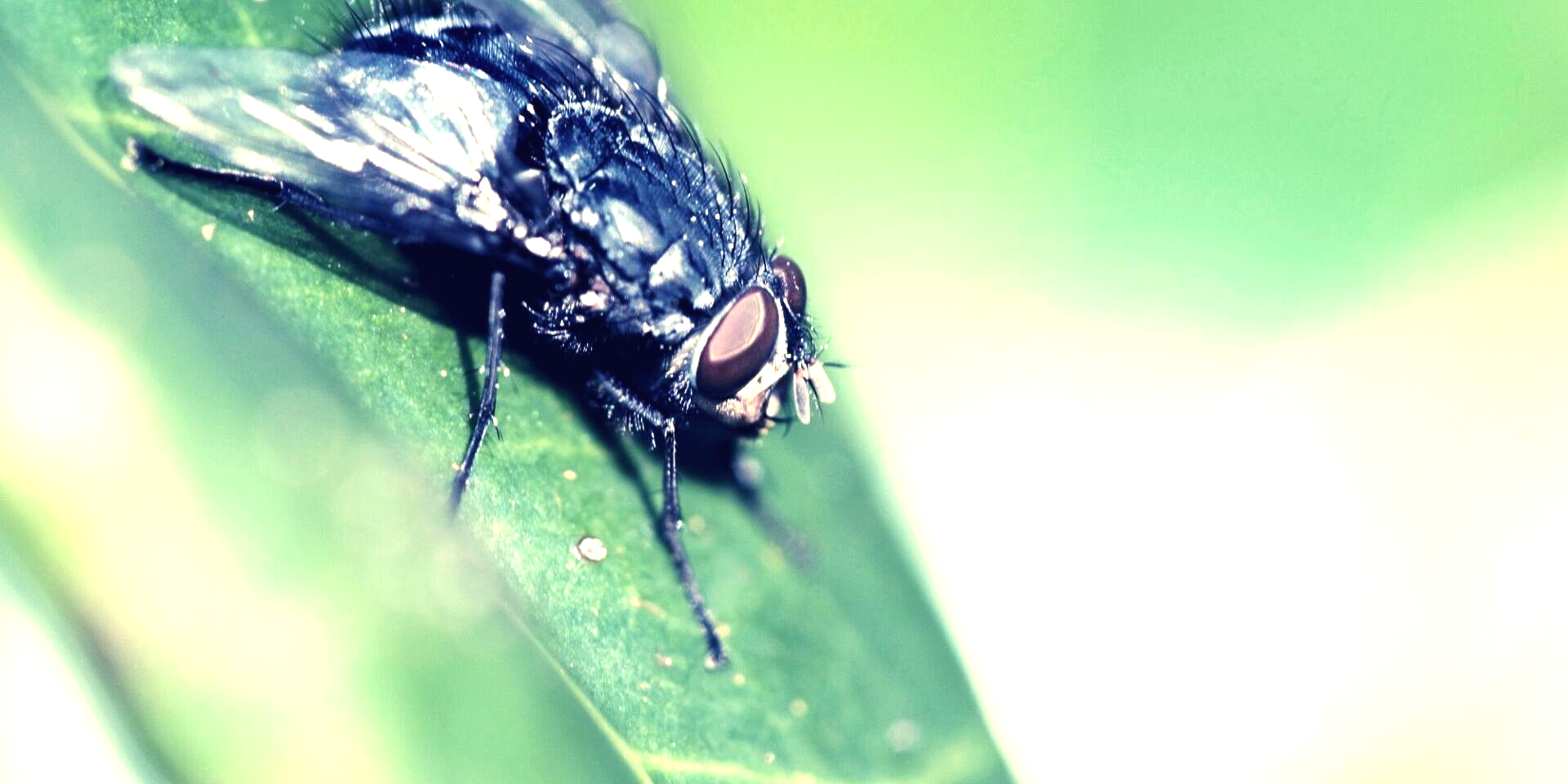
Large Green and Blue Metallic Flies. Associated with dead animals.
Blowflies (family: Calliphoridae) are among the most recognisable of this group found in Bristol and this is due to their fantastic metallic colours. Bluebottle and Green bottle flies, in particular, are very distinctive and recognisable to most people.
Blowflies feed on carrion and decaying organic matter. They can often be seen feeding on flowers where they consume carbohydrate-rich nectar.
How Long Before Flies Reach A Dead Rat?
Once a rat dies it takes many hours, days, or even weeks, before the insects access the carcass.
Temperature plays a vital part in this process because cold conditions render the insects dormant. Once the temperature rises above 10°C, we see them emerging from their long winter sleep, looking for a meal and a chance to reproduce.
Cold weather makes it unlikely flying insects will be around to notice dead rodents. Turning on heating systems will sometimes create a temperature rise in the properties cavities, stimulating overwintering insects to emerge and be attracted to the dead rodent.
Flies are our friends - the sooner they get into a carcass, the sooner the smell goes!
When Do Flies From A Dead Rat Appear?
In most cases, flies from dead rats, rodents and birds emerge within a few weeks of maggot infestation.
The maggots or fly larvae, mature faster in warm conditions and develop sluggishly in colder weather. For this reason, it can be impossible to predict this time during inclement conditions.
How Long Will Flies From Dead Rats Last?
Once the blowflies begin to emerge from pupae and metamorphosis, activity starts with just a few large flies.
As the day progresses, the number of insects gets worse and worse. By the end of the first week, 500-1500 flies will have almost completely vanished.
Flying insect infestation is common with poison baits, so trapping should always be considered a first step in avoiding fly infestations.
Most flies are dead within 30 days, although this can vary.
How Long Does A Dead Rat take To Decompose?
Dead rats can take many months to decompose. First, the fly larvae will enter the animal around the mouth and rear. Once the fly larvae complete their job, moth and beetle larvae come in to eat the skin and fur. This process can take two years!
Cluster Flies:
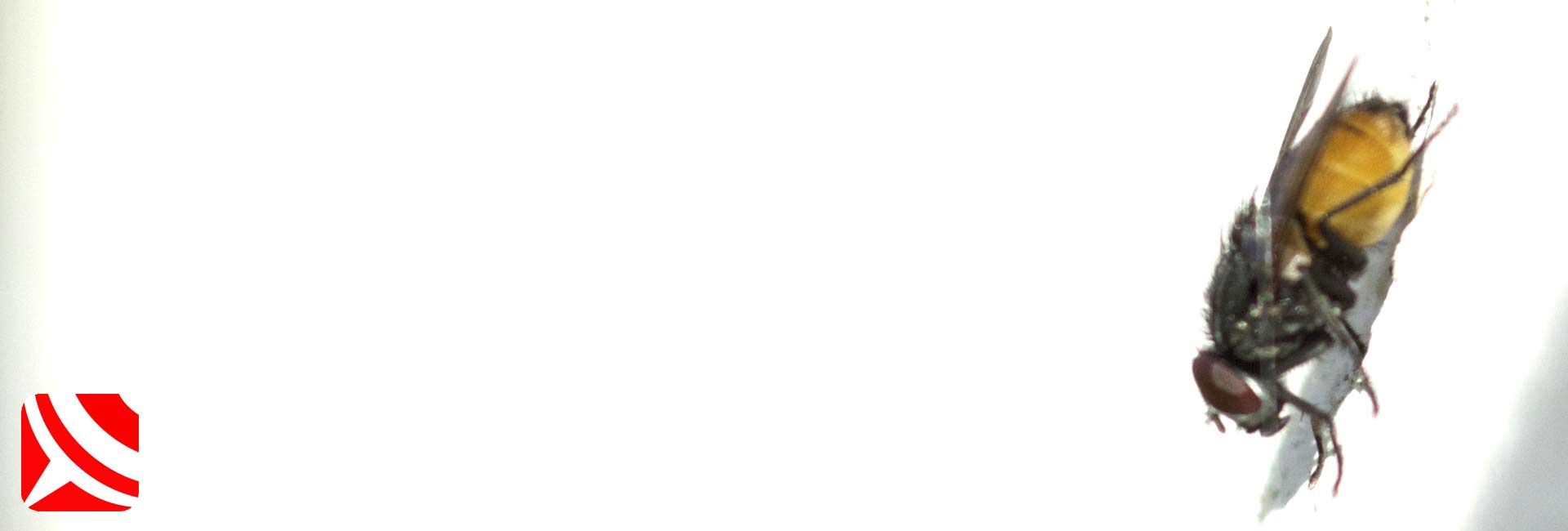
Large Numbers of Flies Overwinter In Lofts and Attics. Not considered a health risk.
Cluster Flies make up a large number of insects, found in properties during the colder months of the year, hibernating in loft spaces in clusters that can number many thousands. 2013 was the year of the Cluster Fly, and every year one species will do better than others.
House Flies
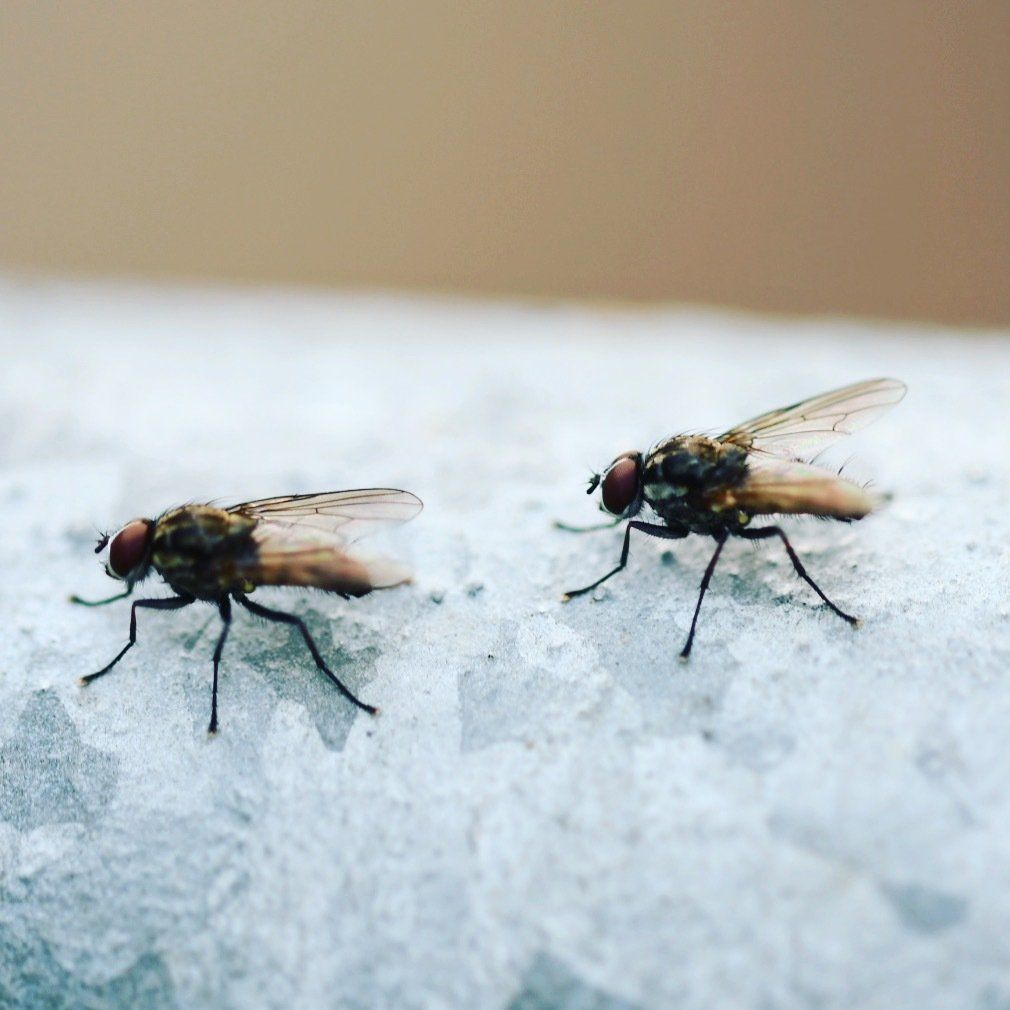
Nuisance Flies in Homes, Kitchens, and Food Prep Areas. Considered a major health risk.
House Flies are as the name suggests among the most common flies to be found in our homes and represent a significant hazard to food safety.
Horse Flies
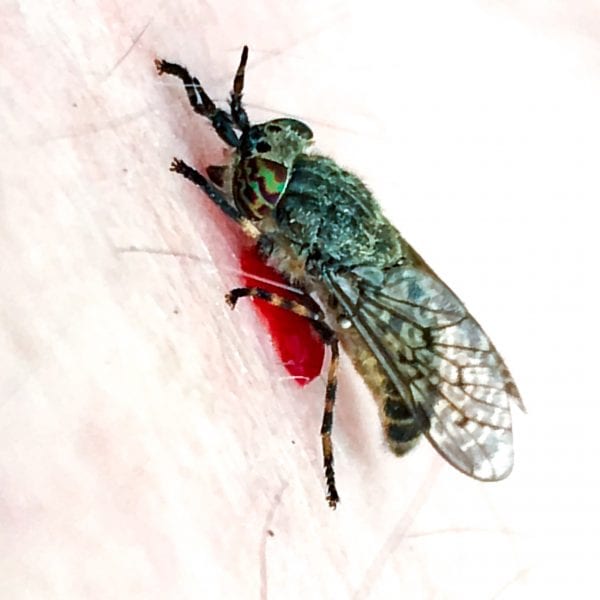
Large Biting Flies with large, often Metallic Eyes. A biting, nuisance fly causing deep skin infections.
Horse Flies are the tigers of the sky and are among the most significant predatory insects native to the United Kingdom. 2020 was a good year to be a horse fly as populations in July were way above average in many Bristol areas.
Fruit Flies
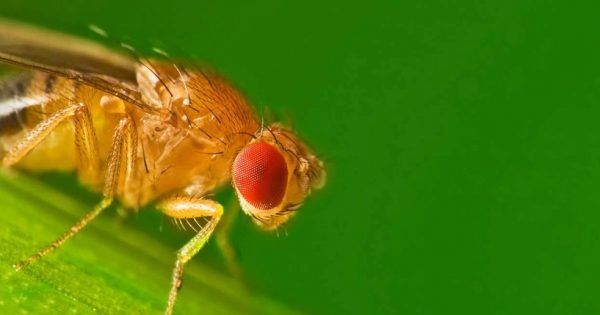
Small, Nuisance Flies Flies with Orange Eyes. Seen as an indicator of poor hygiene.
These insects are very small and are found on rotting organic matter especially fruit. Now becoming far more common as a nuisance pest since the rise of mandatory recycling programs requiring a brown food waste box often kept on countertops.
Before you do anything you need to identify where they might be coming from and what species they are.